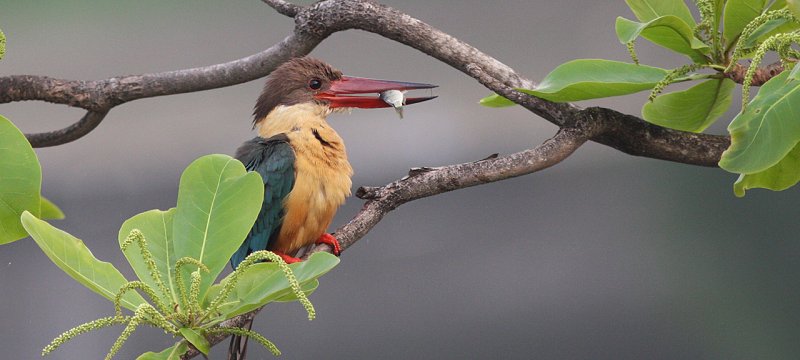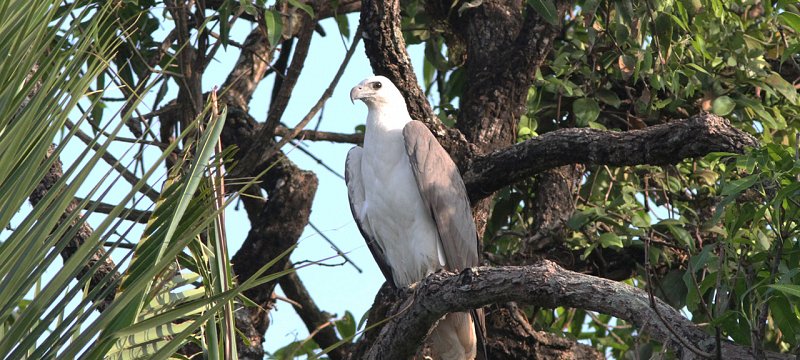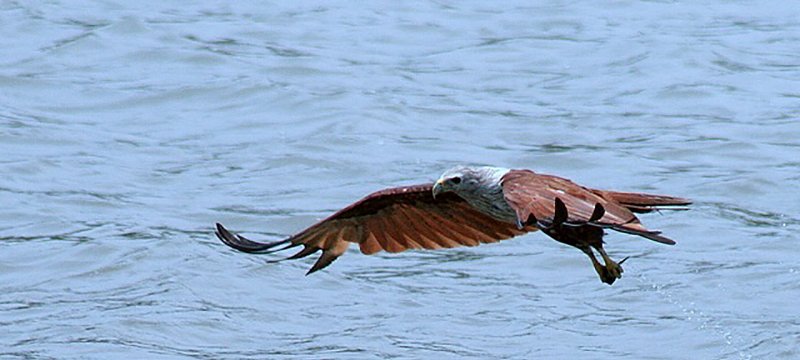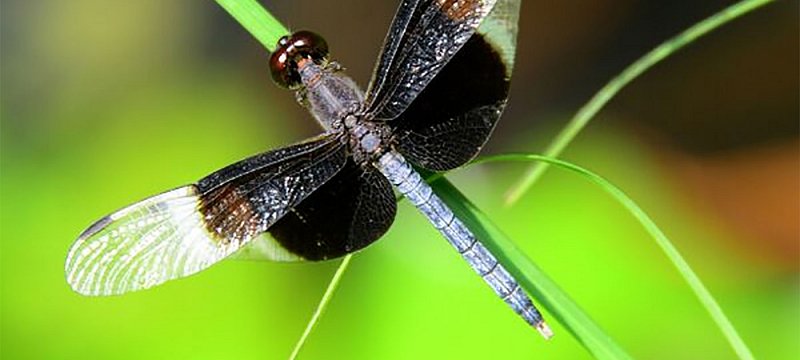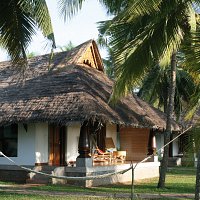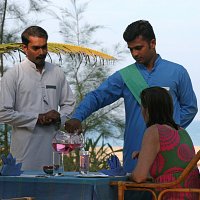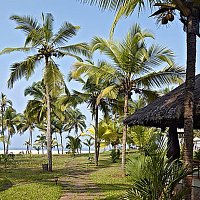Ecology & Wildlife
As stewards of the local land, we do all we can to create an eco-friendly environment
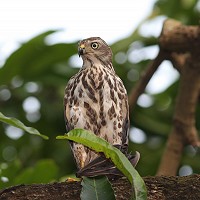
Here at The Hermitage it has been our philosophy from day one that we are intrinsically part of the local community, and also part of the local and wider environment. Sustainability starts right here where we are: in recognising our inter-connectedness with what is around us, rather than seeing ourselves as some isolated entity with no wider responsibility than pursuing our own advantage.
This inclusive philosophy has guided everything we do. Take our staffing policy as an example: we employ 95% local people and our team is more like an extended family to us than hired workers. We see the hospitality industry as serving not only the visitor but also the hosts. So while our guests are provided the opportunity for rest, relaxation and personal growth, so our staff are given the chance to evolve through the development of their professional and inter-personal skills and attitudes. Along with this comes a wider understanding of what their chosen career involves, and what it can offer them and their families now and in the future.
The Hermitage is one of the biggest employers in the area, so many people have benefitted from our sustained efforts to put Neeleshwar on the tourist map. Doing so has taken persistence, as we were the first international hotel to operate in Malabar, and we launched our project at a time when the travel industry was uninterested in such an undertaking and the local infrastructure was unprepared for it. Now, a dozen years later, both international and domestic travellers are discovering the enchantment of Malabar. Hotels are coming up to serve their needs and many locals are benefitting
While constructing the property we took great care to use local materials and employ traditional local expertise, much of which is in danger of withering away under the onslaught of the skyscraper shopping-mall culture. All labour and specialised craftsmen were drawn from the area. The carving work that so delights our visitors was done by craftsmen who work on local temples, and we saw our patronage as an important way to help people preserve their fragile traditional skills. This connection has continued, as we donate each year to the local shrines and support their festivals. We engage local artists for regular music concerts, while several of the paintings that adorn our rooms are by artists from the area, who also have the chance to sell their work through our shop.
In our day-to-day running, The Hermitage boosts various economies by employing, sourcing, and collaborating locally. We know our suppliers personally, buying fish from a couple of kilometres down the beach and vegetables from nearby markets. Just as we source food locally, we do not fly in orchids from Bangkok to beautify the property, but prefer to use flowers from our own staff’s gardens. We encourage them to plant flowering trees to beautify their area, and to bring flowers in each morning. This is a win-win situation: the hotel looks lovely, the staff are paid for the flowers and we do not have to pay market prices! All our menus are formulated in consultation with Dr Suma, our Ayurvedic physician who runs the on-site Priya Spa. To give one example: we have drastically reduced the use of white sugar in our catering, using instead pure jaggery, which is locally sourced and better for health.
Our guests are encouraged to interact with locals if they wish, with visits to nearby families, villages and small-scale industries. Each year our gardens are hosting more and more local birdlife, the latest additions are a family peacocks! We are also active in supporting the turtle hatchery on our beach, which is doing good work in helping to preserve the endangered Olive Ridley turtle.

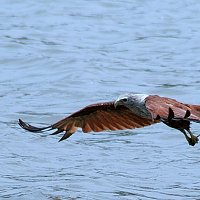
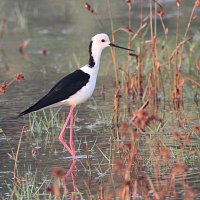
As stewards of the local land, we do all we can to create an eco-friendly environment. Nowadays everyone is belatedly becoming aware of the curse of plastic litter, but twelve years ago, when we took the bold decision to go 100% no-plastic, few were. We serve delicious pure water filtered by the latest Reverse Osmosis System, which, in the high season, avoids adding about a thousand bottles a week to Kerala’s rubbish mountains. We would earnestly request the other large hotels in the area, and indeed all over India, to live up to their eco-responsibility and follow our lead. No grey water is discharged into our lake or nearby river; it is treated and used to manure the gardens. We use LED bulbs throughout the property, and are finalising plans for partial conversion to solar lighting in the next couple of years. Locally-made cloth and jute bags are used throughout the premises.
The hotel employs 2 extra staff to clean our beach. This is a huge task, as rubbish gets washed up from passing fishing vessels, and the local litter-awareness leaves much to be desired. After prolonged discussions with the local tourist authority, an arrangement has been reached whereby from October 2018 onwards, the government will send two people daily to help in beach cleaning. This is an enormous help, and we are very grateful for the co-operation. Little by little, Kerala, and India generally, is waking up to the ravages of littering and the consequences of disregarding the environment.
This growing awareness is not just a matter of aesthetics. The devastating floods that hit Kerala in September 2018 showed very clearly the dangers of thoughtless ‘development’ policies that have been pursued under successive governments here. For too long, agricultural and open drainage land, as well as forested tracts, have been sacrificed to thoughtless re-distribution and ruthless speculation for unsupervised and unregulated building by both public and private bodies. Domestic buildings have all too often mimicked an unsuitable model taken from the desert Gulf states, with walled compounds, paved gardens and artificial plants. All of this short-sighted behaviour inhibits the natural drainage patterns that are essential in an area that is always prone to seasonal heavy rainfall.
The recent floods are a brutal wake-up call to Kerala to urgently review and revise her policies on many things: power-generation (i.e. moving away from huge hydro-electric dams towards renewable sources), building, the exploitation of ecologically vulnerable areas and the abuse of precious natural resources. This will involve not only engaged and incorruptible government, but wiser bankers, insurers and builders. Crucial in this complex chain are the local people, who must be better educated as to how they interact with and affect their environment.
We are confident that Kerala will rise to these challenges. In our own small way, The Hermitage is pleased and proud to have been at the forefront of a new approach to these vital matters, attempting to steer a course that will better serve both people and places as we move further into the 21st century. Although here in Kasaragod district we are fortunate to be historically immune to the floods and disruption that attack the southern and hill areas of Kerala (we were one of the two districts that escaped the recent disasters quite unscathed) we will continue to do whatever we can to ensure a saner ecological balance in our part of the state.
‘The journey of a thousand miles begins with a single step’- Tao Te Ching, ascribed to the Chinese sage Laotse.

